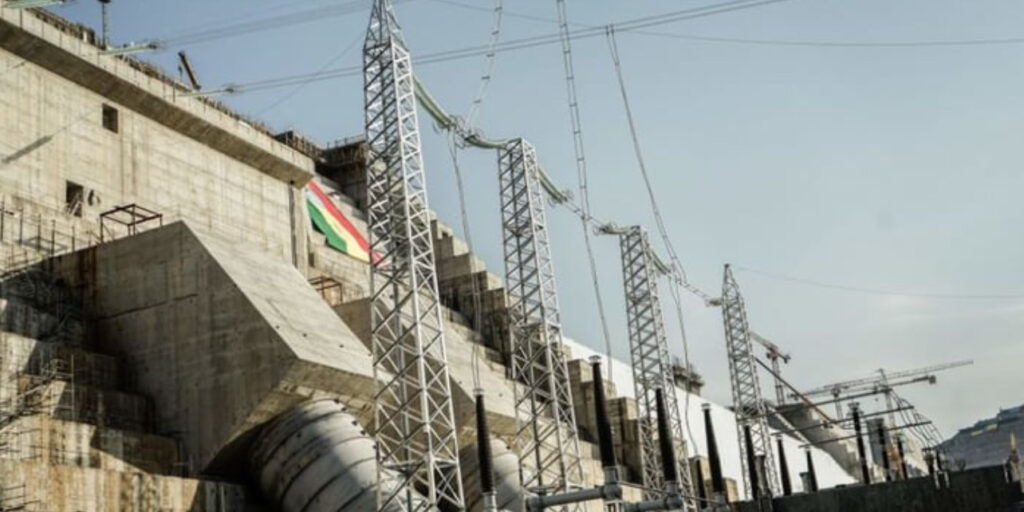With China’s ban on cryptocurrency driving miners to seek new opportunities globally, Ethiopia has emerged as an unlikely hub for bitcoin mining, thanks to its abundant and underutilized energy from the recently-commissioned Grand Ethiopian Renaissance Dam (GERD).
Ethiopian Electric Power (EEP) reports that bitcoin mining now accounts for 18% of its monthly power sales—exceeding the country’s electricity exports to neighboring nations. This rapid growth has positioned Ethiopia as a key player in the intersection of renewable energy and cryptocurrency.
Bitcoin Mining Turns Surplus Energy into Revenue
Much of the GERD’s energy would otherwise go unused due to Ethiopia’s underdeveloped power grid. Bitcoin miners, who are drawn by low electricity costs and Ethiopia’s renewable power, have already invested $1 billion into the country’s energy sector.
“Bitcoin miners have significant capital, and we need funds to develop our grid, so it’s a win-win,” said Hiwot Eshetu, EEP’s marketing and business development director. The partnership not only prevents energy waste but also provides a critical source of revenue to expand Ethiopia’s infrastructure.
Micro-Grids and Bitcoin Mining: Powering Rural Africa
Beyond Ethiopia, bitcoin mining has begun to address energy challenges in rural Africa. Companies like Gridless use mining revenues to fund micro-grids, offering affordable electricity in remote areas of Kenya, Malawi, and Zambia. In the Democratic Republic of Congo, Virunga National Park leverages hydro-powered bitcoin mining to finance conservation efforts, demonstrating the sector’s sustainability potential.
Concerns Over Crypto Mining and Energy Security
However, the rise of crypto-powered energy consumption raises concerns about the impact on Africa’s fledgling energy infrastructure. Governments are wary of bitcoin mining monopolizing national energy resources. Angola, for instance, passed legislation in February 2024 to ban cryptocurrency mining in a bid to protect its energy security from deep-pocketed crypto investors.
Ethiopia’s success story highlights the dual-edged nature of cryptocurrency mining in Africa: an opportunity for renewable energy innovation and rural electrification, but also a challenge in balancing national energy needs with private sector demands.


